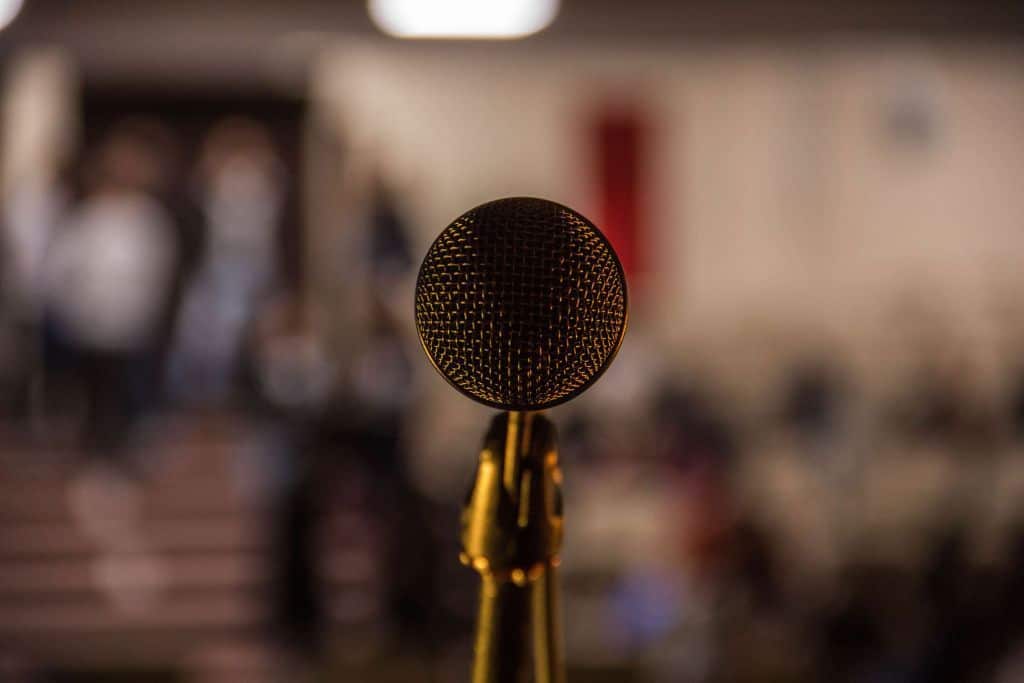
Great diction facilitates communication – we certainly prefer to listen to someone speaking loudly and clearly, rather than someone who slips, speaks too quietly or has the wrong accent. Some professions even require the ability to speak correctly. What if we don’t have it? We have to work with appropriate language exercises
Good diction depends on our ability to make others understand what we say, read or tell. Our way of speaking has to be clear enough for our interlocutor or listener to understand without any problem
Thanks to it we find ourselves better in various social relations. Among friends, at work or in the family. The ability to speak in such a way that we are listened to is valued and desired to such an extent that many politicians practice it, but also managers, motivational speakers and salespeople. It is a universal ability.

The set of factors whose influence on the correctness (or not) of our diction is rich. We place among them:
Who needs to take special care of their diction?
The ability to speak clearly, but also to freely modulate the style of their speech is practiced by actors for years. The best actors reach a real mastery in this regard. Diction and voice projection are very important classes in acting schools. The most stressed in this regard are theater actors, who perform directly in front of an audience ready to catch mistakes and shortcomings in their acting technique. Diction is also fundamental for dubbing actors, for whom the voice is the primary tool for work.

Politics is increasingly being done through social media. Where sloppiness in speech is treated with more tolerance, however, a racial politician should be able to speak beautifully and good diction is essential for him to do so. Fashion for workshops on self-presentation and the art of speaking came to us from across the ocean. The tradition of debates and election rallies, so popular in the United States, translates into the need to speak clearly and beautifully. The speeches of John F. Kennedy or Ronald Reagan have gone down in history. No wonder – after all, the last one was a professional actor and had to devote a lot of time to practicing diction.
A telemarketer also benefits from perfect diction at work. What he says must be understandable for the customer, with whom he is in constant contact. In job advertisements for this position, the most common requirements are good diction and a pleasant voice.

Although a large number of artists with clear language problems appear on the music market and are successful, this should not happen in this industry. This can be experienced especially at concerts where it is impossible to work on the voice with the help of computer programs.
Voice emission classes are also mandatory for teachers. They must not only speak clearly to students, but also know how to save their voice. It will be their working tool throughout their professional life.
Diction can also be practiced on your own. You don’t need particularly extensive courses for this – just start with simple exercises. However, they must always be preceded by a warm-up of the speech apparatus. It is a bad idea to move your jaw too vigorously, as this can cause a painful injury. A better system is: yawning – massaging the jaw – gentle circular movements.
They consist primarily in pronouncing difficult words and so-called tongue twisters. Very popular ones include simple ones:
On special sites dedicated to learning good diction, you can find entire poems for this task
Main photo of the article: Photo by Maria Lysenko, source: unsplash.com